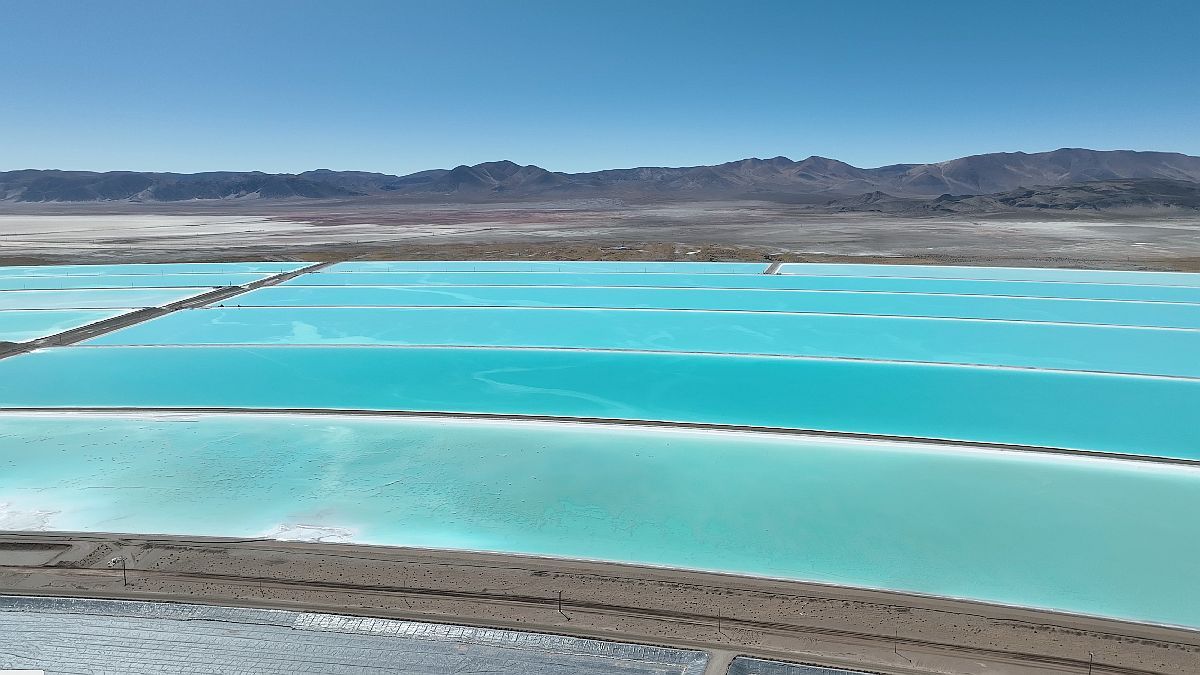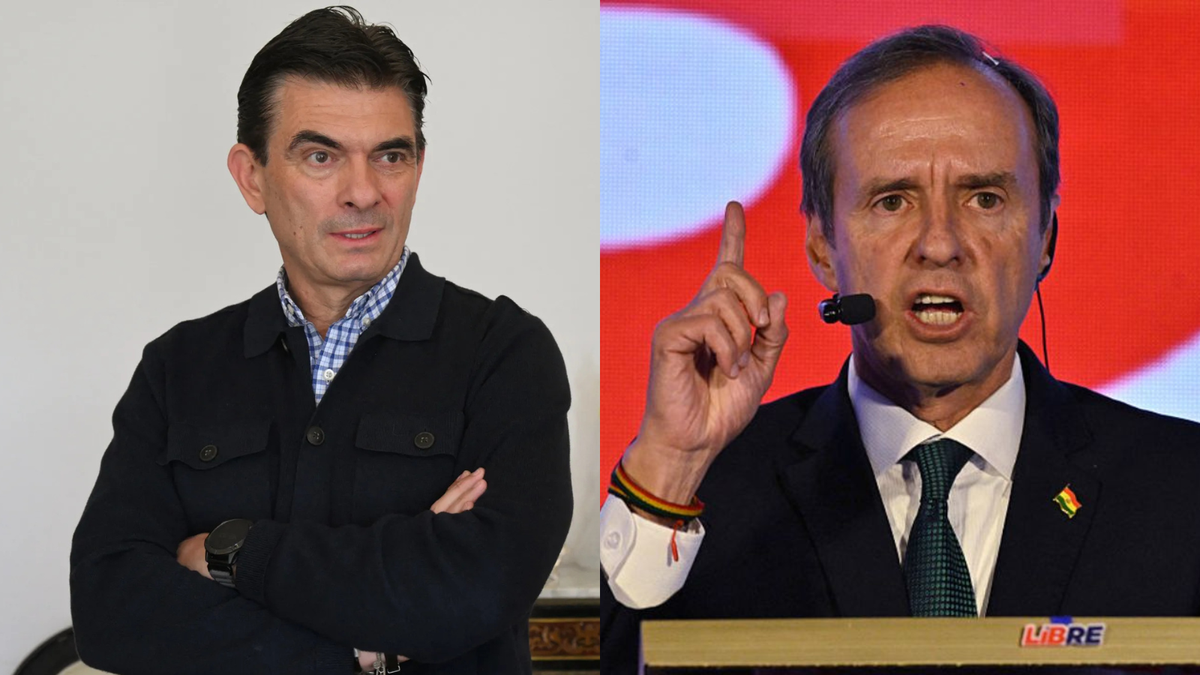The price of lithium carbonate plummeted and registered a drop of 80% year-on-year. In December the price per ton was u$s 16,224, a far cry from the post-pandemic peaks of almost $70,000. Thus, of the three main export minerals of Argentina (gold, silver and lithium), the latter was the one that registered the greatest drop in its prices, given that in the case of gold and silver they had a year-on-year increase of 12.7 % and 2.3%, respectively.
This is clear from the January monthly report on the price index of Argentine mineral exports, published by the Ministry of Mining, which heads Flavia Royón.
Reasons for withdrawal
Regarding the reasons that explain the fall in the price of lithium, Minería detailed: “The price of lithium is falling by a stagnation in demand for the production of batteries for electric vehicles produced in Chinathe market having an excess supply of said metal.”
Regarding the reasons that explain the rise in gold and silver prices, the document maintains that it is linked to the more flexible monetary policy of the United States, which in a context of slowing inflation, the market expects a drop in the yields of US Treasury bonds. And, on the contrary, for metals such as gold and silver, “This context meant an upward incentive for the demand for coverage.”
In the price index of Argentine mineral exports compiled by the Ministry of Mining, it is observed that “international prices continue to be positive for the country’s mining exports.”
Opposition request
In this context, leaders of Union for the Homeland (UxP) They ask to put a magnifying glass on the prices at which Argentine miners export lithium. Guillermo Michel, former head of Customs until last December, considers that foreign trade operations should be modified, so that mining companies “correctly value their exports”, as published on his X account.
Through a thread, he made two proposals to establish export prices. Basically, he seeks to ensure that a ton of lithium is not exported at low prices, very different from those in the international market, because then companies pay taxes for those low prices, which implies less revenue.
For Michel, it is “fundamental” to boost investments in lithium so that Argentina cooperates with critical minerals in the face of the energy transition and for exports to grow to be able to accumulate reserves.
However, he also considered: “It is very important that foreign capital invests in Argentina, but this process It also requires that foreign companies that operate in our countries correctly value their exports and pay taxes in our country according to transactions at market prices.”
For this reason, the former head of Customs stated that “it would be necessary to incorporate tools that strengthen the position of the Argentine State regarding the foreign trade operations of lithium exporting companies, such as “FOB index prices or minimum prices and a contract registry.”
As Ámbito was able to find out, these proposals will be reflected in a bill that the UxP deputies are working on, and which, if finalized, could be presented by the legislator. Fernanda Avila, who until December was the Secretary of Mining, under the management of Sergio Massa. In any case, legislative sources affirmed that any proposal will seek to discuss it in advance with the Lithium Table, where the governors of the three provinces with the greatest amount of resources (Jujuy, Salta and Catamarca) are located.
Michel, who knows foreign trade closely, has two proposals. On the one hand, for certain merchandise, a contract registry, which includes pricing guidelines and revisions. From the companies that were in these records, Customs could ask for “special sworn declarations”, with more information, so that the state could verify the declared price.
The other proposal is that the Executive Branch can set FOB index prices, fixed or minimum when it comes to the export of merchandise “that does not have a known international price in transparent markets.” This, Michel considers, “will constitute the minimum basis for the entry of the corresponding foreign currency for the values that have been documented before the customs service.”
Complaints against a multinational
To explain it, Congress affirms that it would be similar to what happens with meat or grains in the agricultural sector.
Although reference prices in lithium had already been established during the management of Mercedes Marcó del Pont in AFIP, Michel stated in dialogue with Ámbito that The tools that the State has today allow it to make complaints “ex post”but regulations are needed to have “ex ante” when there are such strong differences between what lithium is sold and what is declared.
According to Michel, during his administration an administrative case was filed against the American mining company Livent, accusing it of having declared carbonate exports for a price up to five times lower than the market price, which had implied lower payment in export duties. The multinational paid more than $5,000 million and notified shareholders on the New York Stock Exchange.
Source: Ambito




